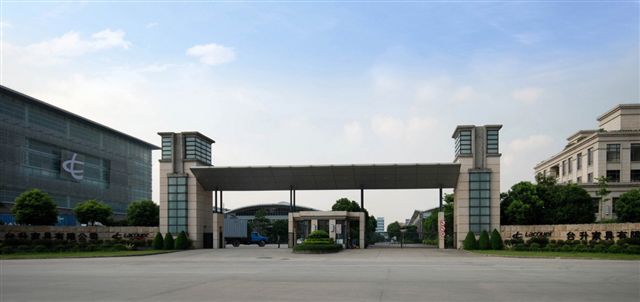◎ The CCP’s green drive has adversely affected Taiwan businesses in Jiangsu’s Kunshan City and Guangdong’s Zhuhai City.
Recently, Taiwan furniture company Lacquer Craft Manufacturing Co. Ltd. announced that its factory in Guangdong’s Dongguan City would cease production on Jan. 2 due to “tightening environmental regulation, drastically reduced orders, and declining business.” The factory’s over 2,000 workers were laid off.
Lacquer Craft background: Lacquer Craft owner Kuo Shan-huei and six business associates established a furniture factory in Dongguan in 1991. Five years later, Kuo founded “Lacquer Craft Furniture.” Today, the company has 14 brands and exports its products to the United States, the United Kingdom, and elsewhere. During the company’s peak, it shipped hundreds of containers of furniture a day.
Kuo, nicknamed “Furniture Magnate” in Dongguan, is a prominent veteran Taiwan merchant. He was once the chairman of The Association of Taiwan Investment Enterprises on the Mainland business group, as well as the president of Dongguan’s Taiwan enterprises association.
In November, Kuo Shan-huei used his position as executive director of Samson Holding, Lacquer Craft’s Hong Kong-listed holding company, to dump all of Lacquer Craft’s shares. Kuo made a profit of 480 million yuan (about $74 million) from selling the shares.
Why it matters: In the 19th Party Congress work report, Xi Jinping indicated that China would be promoting environmental protection and the “green economy,” a shift in policy from the rampant pursuit of GDP growth of the Jiang Zemin era.
The big picture: The Chinese Communist Party’s green drive has adversely affected Taiwan businesses in Jiangsu’s Kunshan City and Guangdong’s Zhuhai City. Chinese environment inspectors have forced Taiwan factories that fail to meet air and water environment standards to cease production or take on more manpower. Many Taiwan businesses find it difficult to cope with adhering to the stringent environmental standards and the rising cost of land.
Kuo’s Lacquer Craft was fined three times by Dongguan environment protection office between 2016 to 2017. Recently, Lacquer Craft reported severe losses following the implementation of stricter environment inspections and the increasing cost of raw materials.
During the annual economic work conference in December, the Xi leadership earmarked environment protection as one of “three tough battles” (major risks, pollution, poverty) that officials must focus on in the next three years. Environmental protection was already a promotion benchmark for officials from end 2016.
Our take: Beijing’s variable policies are an unavoidable political risk for companies doing business in China. For instance, companies that ignored environmental protection in favor of increased production and profits during the Jiang era are now being penalized as the Xi administration shifts Beijing’s priorities away from economic growth to the environment.
Chinese officials are not democratically elected and only have to be concerned with meeting the promotion criteria set by their superiors. So it is inevitable that officials sacrifice the interests of corporations to ensure career advancement.












